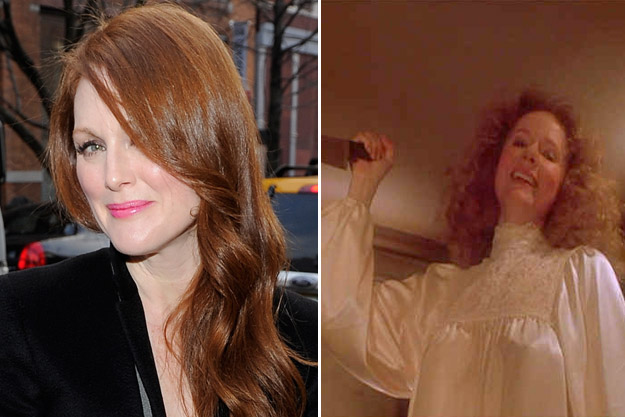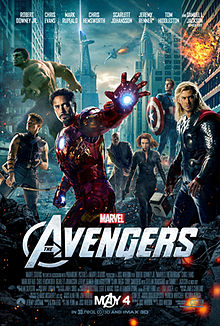Not that it holds any significance but the first time I heard of this movie was during an episode of Frasier, that sitcom, which in this reviewer’s opinion, is quite possibly the cleverest and finest ever produced. Intrigued by Doctor Crane’s appraisal of the film, I sought out a copy to see why that pompous Seattle-based shrink regarded it so highly. And as the end credits rolled, I could do nothing more than concur with the good Doctor’s assessment. It truly is a masterpiece. It was nominated for ten Academy Awards and ended up winning five including Best Picture and Best Director – this in a year when such future classics as Sergeant York, Citizen Cane and The Maltese Falcon were also competing.
Set in a small coal-mining town in the South Wales Valleys at the end of the nineteenth century, the film follows the lives of the Morgan family, told in retrospect through occasional narrations by the youngest of the clan, Huw (a splendid performance by a twelve year old Roddy McDowell). It follows them through socio-economic upheaval, the passing of a way of life and the disintegration of their close-knit family unit. It is at once moving, tragic and uplifting.
Director John Ford (who, with a total of four, holds the record for most Best Director Oscars won) was always adept at giving us the idyllic family scenario and never more so than here. Living in a frugal household with five brothers – all coal-miners like their father – and a sister (the breathtakingly lovely Maureen O’Hara), Huw’s childhood seems perfect as the film begins. Love and respect abides in his home while the surrounding Welsh countryside (filming actually took place in the Santa Monica Mountains) is beautiful and not yet spoiled by the byproducts of mining. With moments of simple humour, Ford gives us a vision that is almost fairytale in its wholehearted goodness.
But then, trouble casts a shadow across this happy existence when the owner of the mine reduces the wages he pays. The miners strike in protest but not before Huw’s father Gwilym (Donald Crisp) fails to attempt a mediation and ends up estranged from the other miners as well as all his sons bar Huw.
Along with this economic turmoil that tears apart the very fabric of the townspeople’s existence, Ford interweaves a story of forbidden love between Huw’s sister Angharad (O’Hara) and the town’s new priest Mr Gruffydd (Walter Pidgeon) who refuses to act on her declaration of love because he cannot expect a wife to share his life of spiritual servitude, however dutiful she may be. We also get our heartstrings pulled during Huw’s first few days at school when he encounters bullying but then they are gratifyingly massaged back into place when his unkind headmaster becomes an unwilling pupil himself, albeit fleetingly. It’s a touching moment that will make you laugh and cheer.
The film gives us a glimpse of the political changes happening in the world at the time, when younger workers bandied together in unions to fight against unfairness from their employers, an idea that might have produced a bad taste in the mouths of the town seniors, but things were a-changing and the time-honoured moralities and simple ways of the past were sadly slipping into history. Tragic indeed but no one can stop the locomotion of progress!
For some reason, this film flew below my radar for many years (as did It’s A Wonderful Life) and after watching it, I thought, “How could I not have seen this before?” But ultimately, the satisfaction comes from finding them, however eventual that may be because for true Filmofiles (if there is such a term), it’s one of life’s great pleasures to unearth a classic that has passed you by.
A truly remarkable film from a truly remarkable film-maker.





